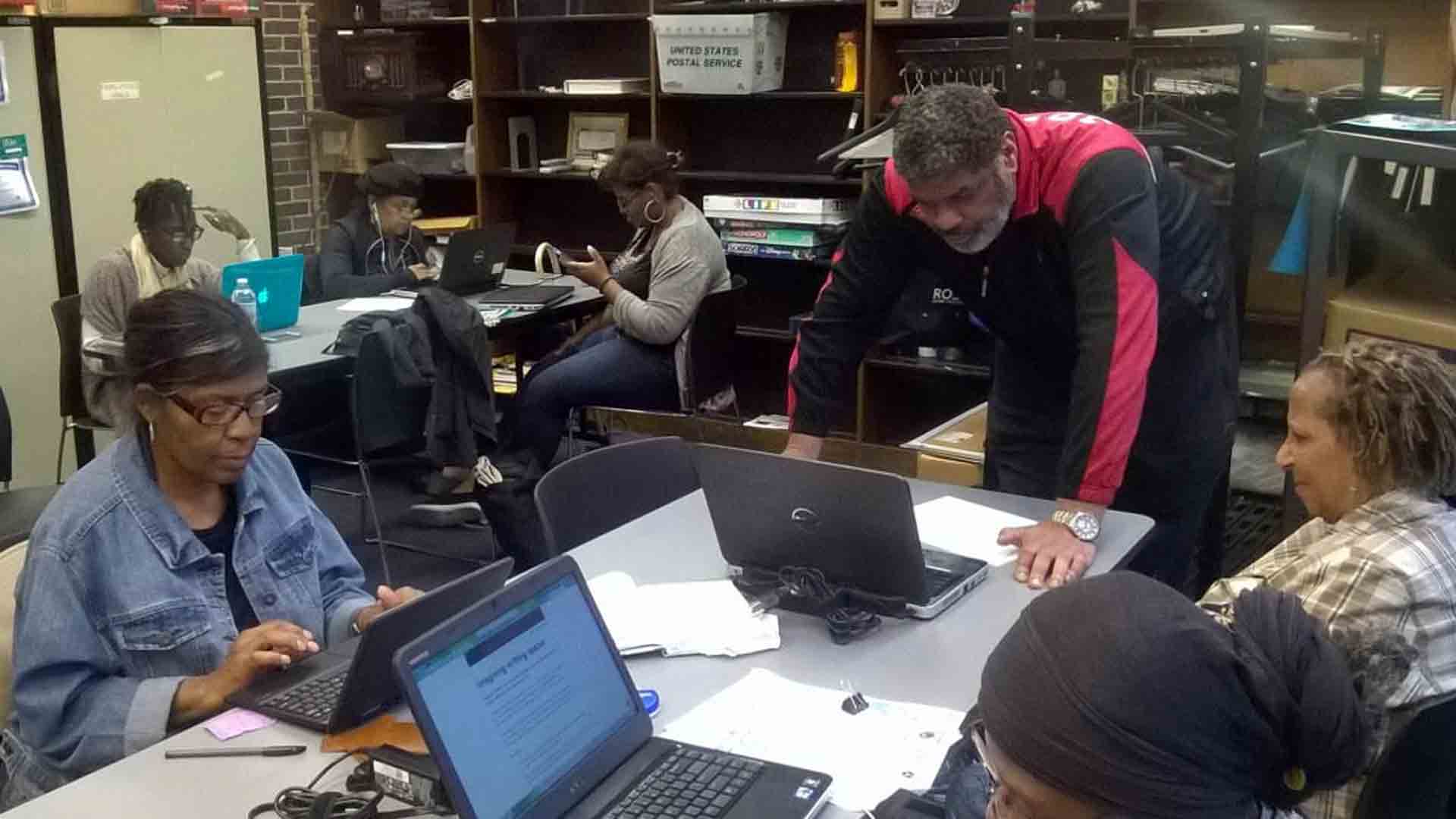
Athabasca University | AU Student/Staff Login | Invited Guest Login
- Bookmarks
- Jon Dron
- Main folder
- Edtech
- Online Learning: Why Libraries Could Be the Key to MOOCs’ Success | MindShift
Online Learning: Why Libraries Could Be the Key to MOOCs’ Success | MindShift
- Public
Thanks to Gerald Ardito for pointing this one out to me. It's about the growing use of libraries for learning circles, where groups of learners get together locally to study, in this case around MOOCs provided via P2PU. Librarians - rarely subject-matter experts - organize these groups and provide support for the process, but most of the learning engagement is peer-to-peer. As the article notes, the process is quite similar to that of a book club.

As the article suggests, such learning circles are popping up all over the place, not just in libraries. Indeed, the Landing has been used by our students to arrange quite similar study-buddy groups at AU, albeit with less formal organization and intent and not always working on the same courses together. Though there are benefits to be had from co-constructing knowledge together, people do not necessarily need to be working on the same thing. Simply being there to support , enthuse, or inspire one another is often enough to bring real benefits. There are two models, both of which work. The first, as in the case of these learning circles, is to use central coordination online, with local communities working on the same things at roughly the same times. The second is distributed the other way round, with the local communities providing the centre, but with individuals working online in different contexts.
This blurring between local and online is a growing and significant trend. It somewhat resembles the pattern of business and innovation centres that bring together people from many companies etc, working remotely from their own organizations in a shared local space. Doing different things in physical spaces shared with other people helps to overcome many of the issues of isolation experienced by online workers and learners, especially in terms of motivation, without the need to move everyone in an organization (be it a university, a class, or a company) into the same physical location. It adds economies of scale, too, allowing the use of shared resources (e.g. printers, 3D printers, heating, conferencing facilities, etc), and reduces environmentally and psychologically costly issues around commuting and relocating. Moreover, decoupling location and work while supporting physical community brings all the benefits of diversity that, in a traditional organization or classroom, tend to get lost. Working online does not and should not interfere with local connection with real human beings, and this is a great way to support our need to be with other people, and the value that we get from being with them. From the perspective of the environment, our local communities, our psychological well-being, our relationships, our creativity, and our bank balances, local communities and remote working, or remote communities and local working, both seem far more sensible, at least for many occupations and many kinds of learning.
The article reports completion rates of 45-55%, which is at least an order of magnitude greater than the norm for MOOCs, although it would be unwise to read too much into that because of the self-selection bias inherent in this: it might well be that those who were sufficiently interested to make the effort to visit the libraries would be those that would persist anyway. However, theory and experience both suggest that the benefits of getting together at one place and time should lead to far greater motivation to persist. Going somewhere with other people at a particular time to do something is, after all, pretty much the only significant value in most lectures. This is just a more cost-effective, learning-effective, human way of doing that.
- On the importance of place
July 4, 2024 - 1:20pm
Jon Dron - The importance of a good opening line
April 24, 2024 - 5:41pm
Jon Dron - My latest paper: On the Misappropriation of Spatial Metaphors in Online Learning
January 3, 2023 - 12:49pm
Jon Dron - Sets, nets and groups revisited
July 3, 2024 - 10:41pm
Jon Dron
Jon Dron
Help
Bookmarks are a great way to share web pages you have found with others (including those on this site) and to comment on them and discuss them.
Adding comments to this site
We welcome comments on public posts from members of the public. Please note, however, that all comments made on public posts must be moderated by their owners before they become visible on the site. The owner of the post (and no one else) has to do that.
If you want the full range of features and you have a login ID, log in using the links at the top of the page or at https://landing.athabascau.ca/login (logins are secure and encrypted)
Disclaimer
Posts made here are the responsibility of their owners and may not reflect the views of Athabasca University.


